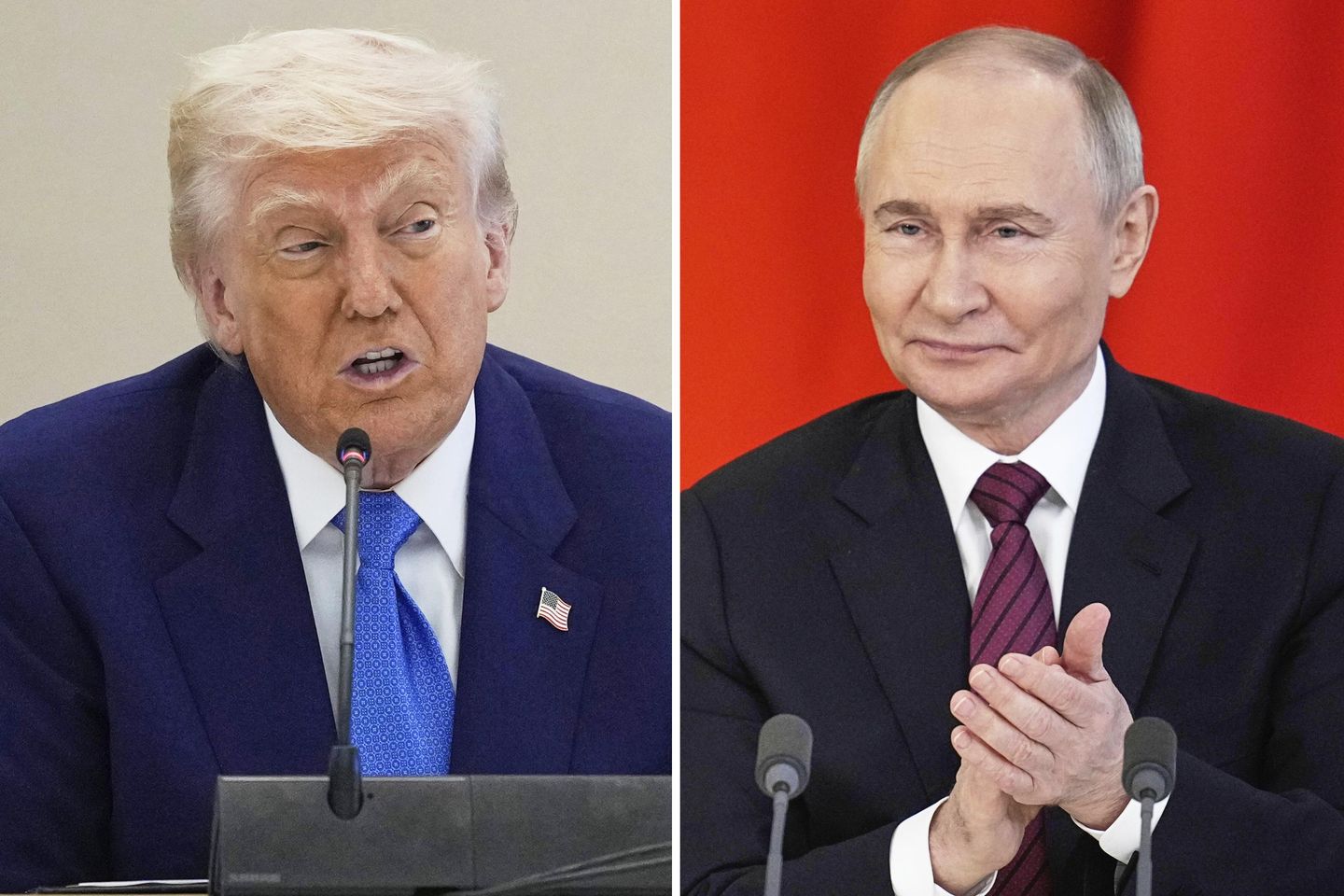
Don’t miss the full story from our staff writers, whose reportage is the basis of this article.
President Trump is demanding NATO allies impose a complete ban on Russian oil and gas purchases in exchange for heavy U.S. sanctions on Moscow, but several member countries say they cannot immediately comply with this requirement.
Slovakia and Hungary have consistently opposed or weakened European Union sanctions against Russia, continuing to purchase Kremlin oil despite international pressure. Hungary’s Foreign Minister Peter Szijjarto defended his country’s position, stating that without Russian energy supplies, secure energy provision would be impossible for the landlocked nation. He criticized external groups, particularly the EU, for pushing decisions that endanger Hungarian and Slovak energy security while ignoring geographic and infrastructural realities.
Turkey presents the most significant challenge to Mr. Trump’s demands, serving as the third-largest importer of Russian fossil fuels globally, trailing only China and India. Since Russia’s February 2022 invasion of Ukraine, Turkey has purchased over $80 billion worth of Russian oil, with approximately $62 billion spent in 2024 alone. Some imported oil is refined and re-exported, primarily to European Union markets.
Mr. Trump criticized NATO’s commitment to Ukrainian victory as “far less than 100%” and argued that continued Russian energy purchases weaken the alliance’s negotiating position. He proposed that NATO members impose 50% to 100% tariffs on Chinese products, to be withdrawn only after the Russia-Ukraine war ends, believing this approach would help resolve the conflict.
Some allies are taking action against Russian energy operations. Britain announced sanctions on 70 additional ships in Russia’s “shadow fleet” carrying illicit fossil fuels, bringing their total sanctions on oil tankers higher than any other country. Foreign Secretary Yvette Cooper emphasized the importance of cutting Russian President Vladimir Putin’s critical cash flow for financing the war.
Despite European claims of reducing Russian energy dependence, analysts note Moscow continues generating substantial income from energy exports to Asian and European markets. Russia remains the EU’s second-largest liquefied natural gas supplier after the United States, accounting for 6.6% of total EU gas consumption last year.
Ukrainian President Volodymyr Zelenskyy supported Mr. Trump’s criticism of European allies, calling continued Russian energy purchases unfair while Ukraine fights for survival. He advocated for stopping all energy deals with Russia completely.
Sen. Lindsey Graham questioned sanctions effectiveness, arguing Mr. Putin doesn’t care about economic pressure and successfully evades restrictions while maintaining his lifestyle regardless of Russian casualties.
This article is written with the assistance of generative artificial intelligence based solely on Washington Times original reporting and wire services. For more information, please read our AI policy or contact Ann Wog, Managing Editor for Digital, at awog@washingtontimes.com
The Washington Times AI Ethics Newsroom Committee can be reached at aispotlight@washingtontimes.com.













